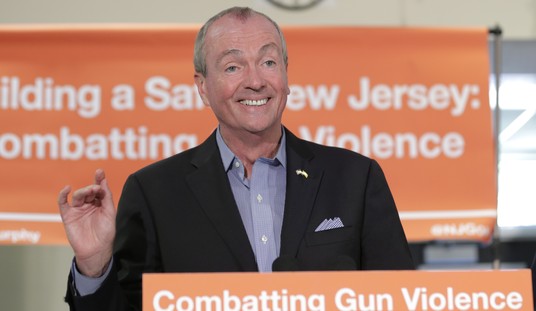It isn’t the only legislation and/or policy that’s had its own accompanying media onslaught, but in terms of the combined campaigns both for and against the health care overhaul, ObamaCare-related advertising is fast becoming one of the most expensive — and doing so in the shortest-ever amount of time, according to a media firm’s analysis:
Counting money spent on ads since debate on the measure heated up in 2009 until the most recent spending records available, the Campaign Media Analysis Group, part of Kantar Media, found more than $500 million has already been spent on trying to sway public opinion and political races tied to the issue.
“The law both parties now call ‘Obamacare’ seems due to join Social Security and Medicare in one respect: as a public policy advertising phenom, a program that is reviled and perhaps eventually revered in political advertising for billions of dollars in ad spend to come,” said Elizabeth Wilner, vice president for strategic initiatives at CMAG in a release accompanying the analysis. “Yet while Social Security and Medicare have been litigated on the airwaves for more than 40 years, CMAG expects the ACA to break the $1 billion mark by its fifth birthday.”
Opponents of the legislation have outspent supporters by a 5-to-1 margin, according to CMAG’s estimates, but that ratio will likely shift as implementation deadlines approach in the coming years, coinciding with the midterm elections. …
“We expect Democrats on the ballot in 2014 to embrace the individual mandate in TV advertising after basically forfeiting the airwaves to Republicans and other critics for the past three years,” Wilner said. “Once the ACA begins to impact voters, we think Democrats will have no choice but to embrace the upsides in advertising.”
But conservatives, Wilner noted, have plenty of ammo to use in likely political advertising still to come. Not only are new taxes are going begin kicking in and the potential for higher premiums continue to climb still higher (especially if they can’t wrangle the necessary influx of healthy individuals to balance out the inherently riskier insurance pools), the law’s popularity isn’t going to get a boost from the rampant signs of unraveling at every available corner as the administration falls over itself to prepare the exchanges ready by the October deadline. The recent delay of the employer mandate, as well as the holiday news-dump revelation that the administration doesn’t intend to verify individual eligibility for insurance subsidies — at least until such a time as they can get around to it — and the egregious opportunities for fraud, probably aren’t going to help matters for them, either:
HHS is disowning eligibility quality control because pre-clearance is “not feasible” as a result of “operational barriers” and “a large amount of systems development on both the state and federal side, which cannot occur in time for October 1, 2013.”
You’ve got to love that passive voice. It’s true that coordinating and managing vast amounts of information from hundreds of millions of Americans and corporations, and monitoring compliance with more than 10,000 pages of fine-print Federal Register regulations so far, is hard to do. Yet that is the system Democrats installed when they passed the law, which is not supposed to be optional due to administrative incompetence.
HHS promises to develop “a more robust verification process,” some day, but the result starting in October may be millions of people getting subsidies who don’t legally qualify. This would mean huge increases in ObamaCare spending. Some of these folks could be fraudsters, much as 21% to 25% of Earned Income Tax Credits flow to people who aren’t eligible, according to the Treasury inspector general. The same error rate for ObamaCare would amount to as much as $250 billion in improper payments in its first decade.
Democrats’ advertising, on the other hand, won’t have too much of a choice other than to embrace the law and keep trumpeting the ostensible benefits as loudly as is humanly possible, as a general-avoidance tactic is getting harder and harder — and even if the delay was partially meant to give them a little breathing room, it could very well have a negative effect anyway. The one-year grace period probably won’t be enough to rescue Democratic candidates in tight races in the midst of a still “recovering” economy, says Alexis Simendinger at RCP:
“What is a Democratic candidate supposed to say in light of this: ‘Yes, I supported Obamacare but thankfully we delayed it to protect you from how bad it is’?” asked Brad Dayspring, spokesman for the National Republican Senatorial Committee.
Administration officials, who this summer embarked on a campaign to encourage young, uninsured Americans to sign up for health coverage after Oct. 1 through new state-based insurance exchanges, said the individual enrollment required through January will proceed. But Obama senior adviser Valerie Jarrett, in a statement posted on the White House website Tuesday, said the administration wanted to show flexibility as a law initially passed in 2010 will continue to take effect in 2015.
“As we implement this law, we have and will continue to make changes as needed,” Jarrett said.
“As needed” may have more to do with politics than the substantive changes Obama’s decision may have on the law, its defenders conceded.
But, whatever. The legislation was signed, sealed, and delivered without the vote of a single Republican, but all of these failures are still pretty much Republicans’ fault, or something. Natch.








Join the conversation as a VIP Member